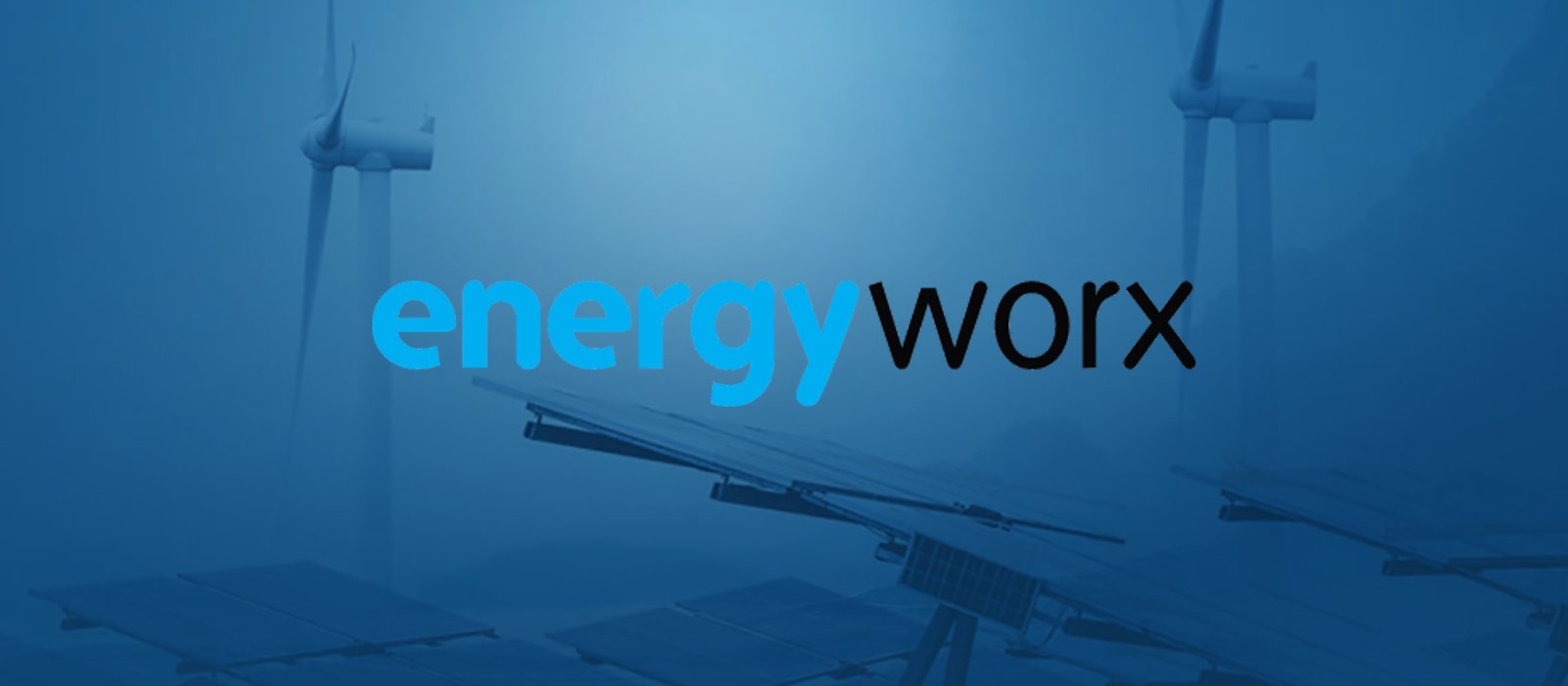Hailing from Houten, a town just south of Utrecht, SaaS-based platform for energy data management and energy intelligence solutions Energyworx has raised €5.1 million. With outfits in both the Netherlands and the US, the decade-old firm provides energy companies on both continents with insights into their supply, demand, and contextual energy data sets. To date, the firm has raised €16.6 million.
As Joe Raposo wrote and Kermit the Frog so famously sang, “It's not easy bein' Green.” The sheer volume and quality, or lack thereof, of data is proving to be a bottleneck in energy providers’ transition towards decentralised low-carbon energy. Smart metres, IoT devices, EV chargers, solar panels, et al., are all generating data. Which is great. But if there’s nowhere to manage and analyse this data to provide actionable insights, what’s the point?
Energyworx is the only energy data management solution that works in concert with both energy retailers and grid operators. The firm prides itself on its easily configurable and adaptable solutions, noting that its competitors often serve up a cookie-cutter model targeted at either energy data management or grid management.
Energyworx was put through its paces during the pandemic, with restaurants, hotels, school, airports and businesses all suddenly no longer drawing their “normal” amounts of electricity. At the same time, healthcare and certain manufacturing areas ramped up the juice almost overnight. Energyworx reports that a global customer was able to rapidly adjust to this shift, adapting its algorithms and pricing analytics to adjust for the consumption anomalies. These adjustments then allowed the company to continue to accurately predict and price energy supply without interruption.
Energyworx recent investment round was led by Eneco Ventures, with existing investors, SET Ventures, ENGIE New Ventures and EDP Ventures all following on.
“As the world moves away from fossil fuels to renewables, we shift to a more intermittent electricity supply. Consumers’ electricity demand will increase as they become prosumers due to the adoption of residential solar and electric vehicles. These trends are leading to increased volatility in supply and demand, and the competitiveness of a utility will depend on its ability to manage this volatility,” concluded Eneco Ventures’ Robert Blom.



Would you like to write the first comment?
Login to post comments